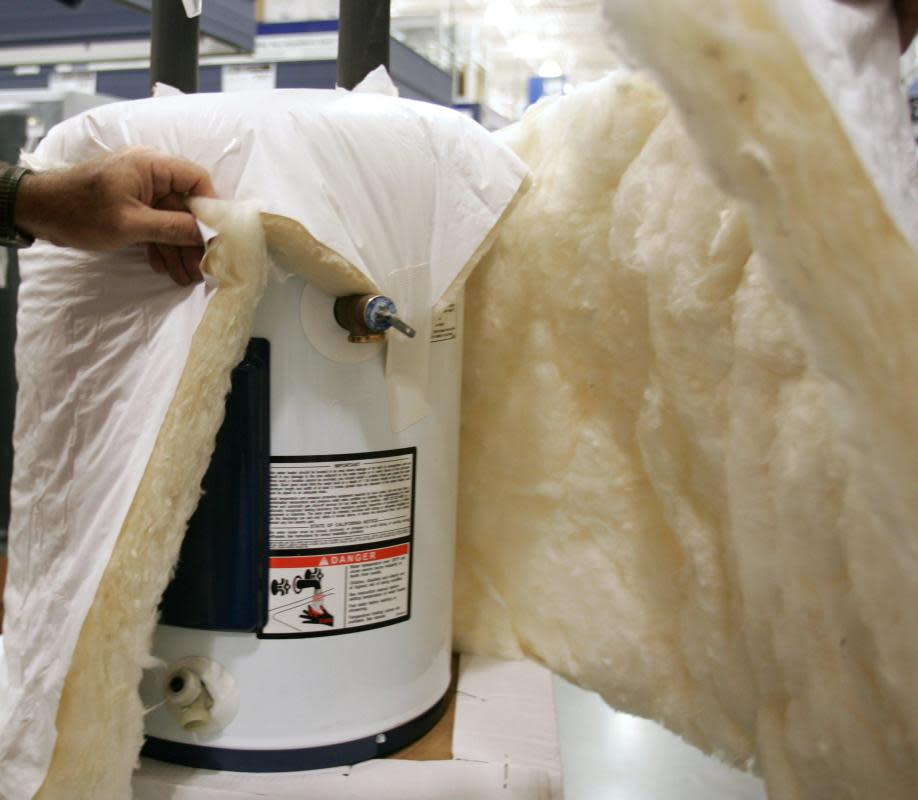How to Prepare Your Hot Water Heater for Winter
Are your home systems ready for cold weather? Take the necessary steps to prepare your hot water heater tank for winter to ensure it functions efficiently when you need it most. Winter water heater maintenance can help ward off potential issues caused by cold temperatures.
Maintaining your hot water heater involves a simple process. Follow these steps, and refer to your system's maintenance guide for more information.
1. Check for Leaks
Inspect the connections and pipes for signs of moisture. Addressing leaks promptly can help avoid water damage and energy loss.
2. Lower the Temperature
Consider lowering the temperature setting on your hot water heater during the winter to save energy. However, be cautious not to set it below 120 degrees. If the water temperature is too low, bacteria can grow in the tank.
3. Drain Sediment Buildup
Despite knowing that home system maintenance is important, many homeowners don't realize that sediment builds up every year on the bottom of the tank. Flushing sediment can improve a water heater's lifespan and efficiency; it can even improve your water pressure! Open the drain valve and eliminate a few gallons of water from the tank to remove built-up sediment. Refer to your heater's manual for specific recommendations.
Related: Carbon Monoxide Safety Tips to Keep Your Home Safe
4. Check the Pressure Relief Valve
Test the bleed valve, also known as the pressure relief valve to ensure it's functioning correctly. To do this, lift the valve's lever, and hot water should discharge. If water doesn't discharge, or if it leaks afterward, you may need to replace the valve.
5. Insulate the Tank and Exposed Pipes
Add pipe insulation to any exposed hot water water pipes connected to your system. This extra insulation prevents heat loss and ensures the water stays warmer as it travels from the heater to your hot water faucets. You should also insulate cold water pipes if there's a threat of the home freezing.
For older or less insulated water heaters, consider adding a water heater blanket or additional insulation. This can help retain heat and reduce energy consumption. If your unit is outdoors, consider insulating it even if temperatures don't get below freezing.

© USA Today Network
Do Tankless Water Heaters Need Winter Prep?
Tankless units are less susceptible to freezing issues since they don't store large volumes of water. Even so, depending on your climate, it’s wise to keep the following in mind:
It’s still a good idea to insulate exposed pipes. This helps prevent heat loss and ensures that the water remains at the desired temperature as it travels through the pipes.
ABC (always be checkin')... for leaks. Fix any issues promptly to avoid damaging leaks.
Protect outdoor tankless hot waters. If your tankless water heater is installed in an outdoor location or on an uninsulated exterior wall, take steps to protect it from freezing temperatures. Consider using a heater or heat tape, especially if you live in an area prone to severe winter conditions.
Choose a Freeze Protection model. Some tankless units come with freeze protection features, designed to prevent freezing in colder climates. If you live in an area with harsh winters, investing in a model with this feature can provide added assurance.
Install an anti-freeze kit. In extremely cold climates, you may consider installing an anti-freeze kit specifically designed for tankless water heaters. This kit introduces a non-toxic antifreeze solution into the system to prevent freezing.
Maintain clear ventilation. Keep your system clear of snow, ice, or debris all winter long. Proper ventilation is essential for the safe and efficient operation of the unit.
Schedule maintenance. As with all home systems, periodic professional check-ups can ensure that the unit is functioning optimally and identify any potential issues.
When is it absolutely necessary to winterize a hot water heater?
If the home is occupied, you don't have to worry about winterizing your hot water heater; however, if you're a landlord overseeing a vacant property or have a seasonal property that's unoccupied during the winter, make sure your system is ready for the cold. It's important to properly winterize in the cold winter months it to prevent water damage from frozen pipes.

